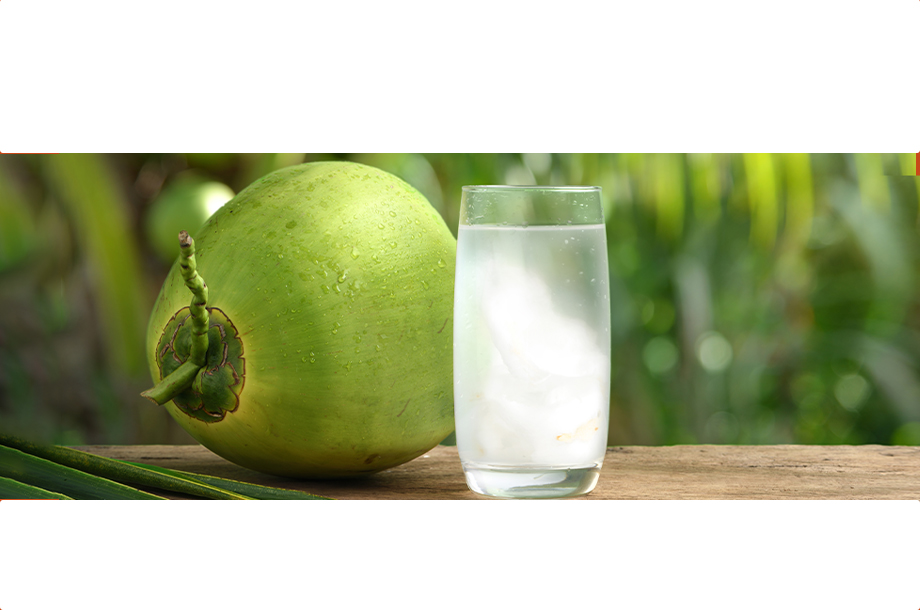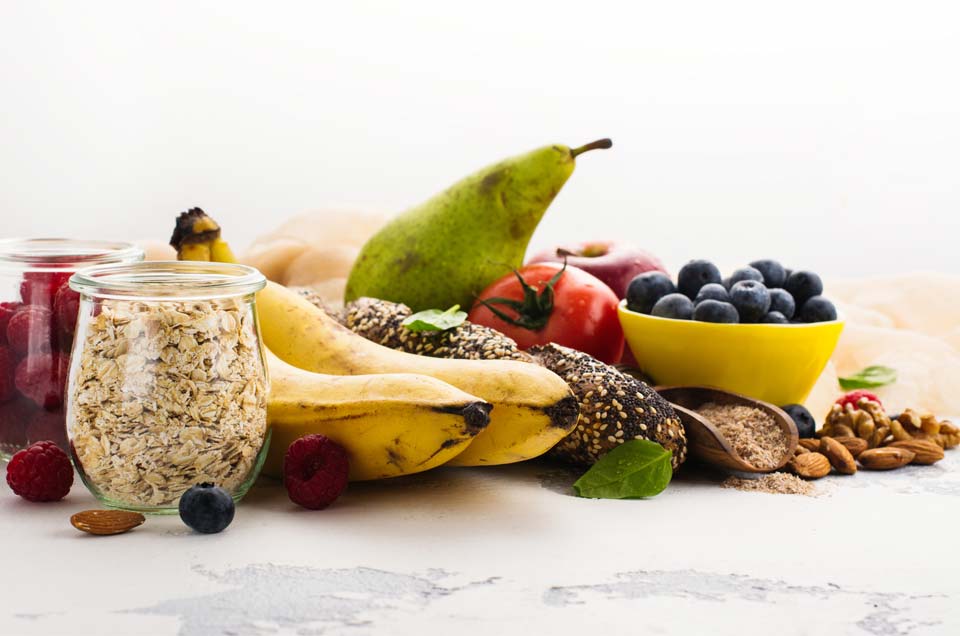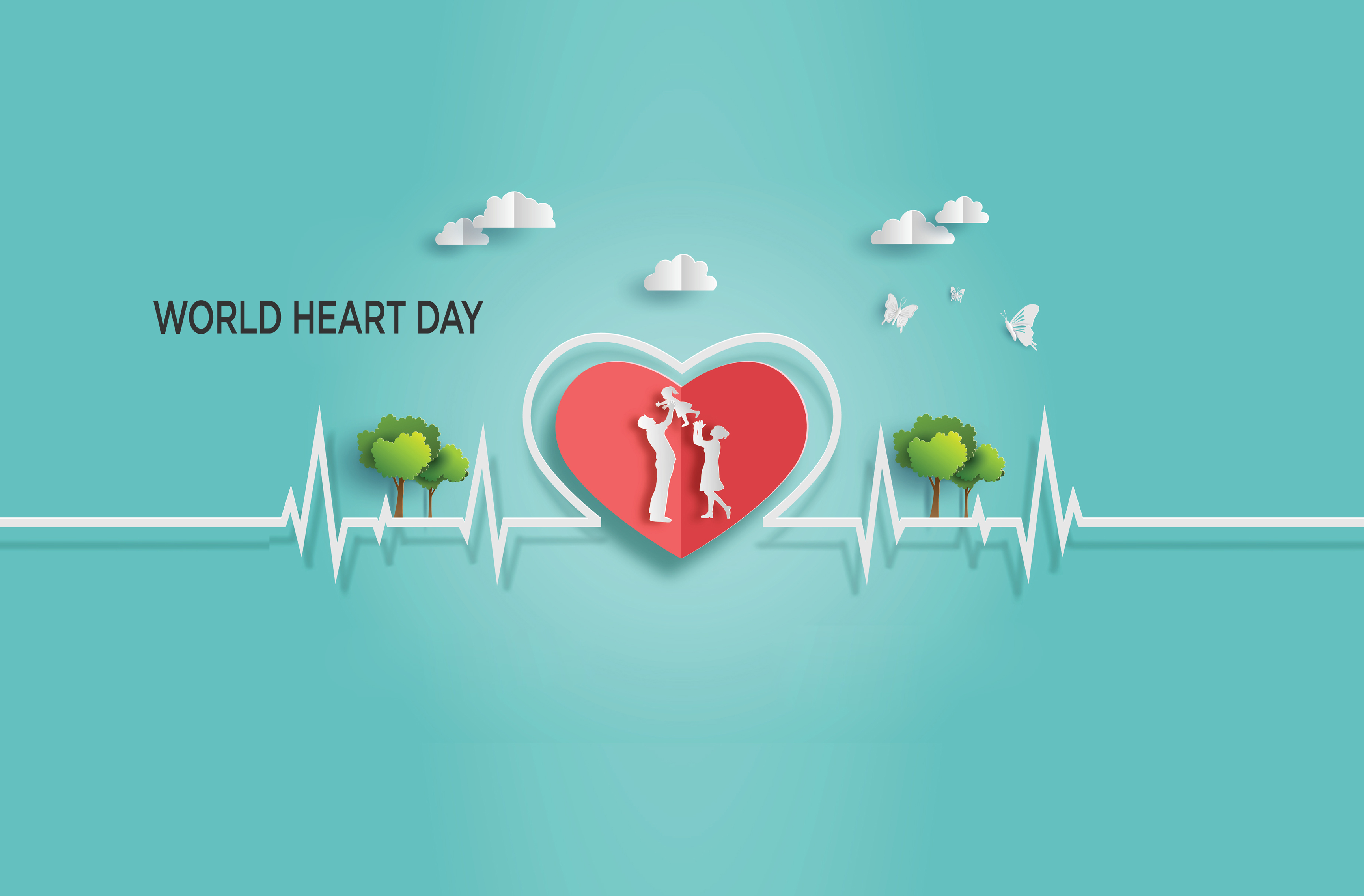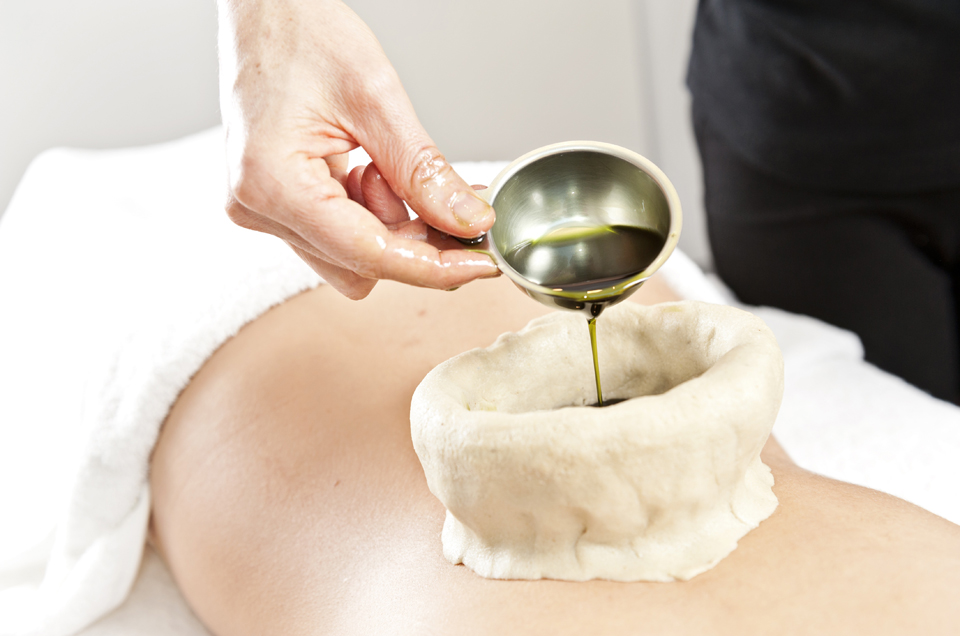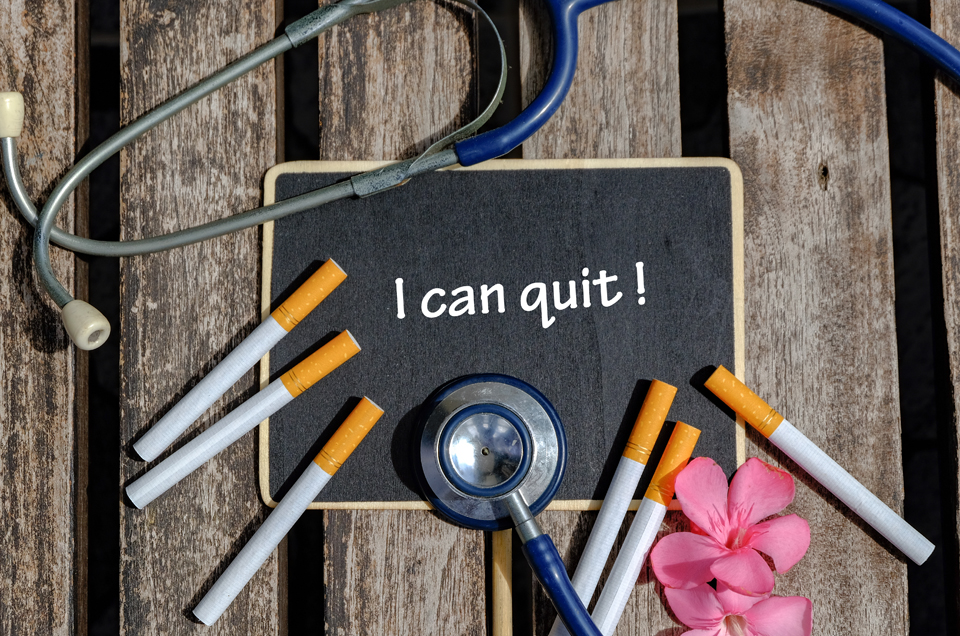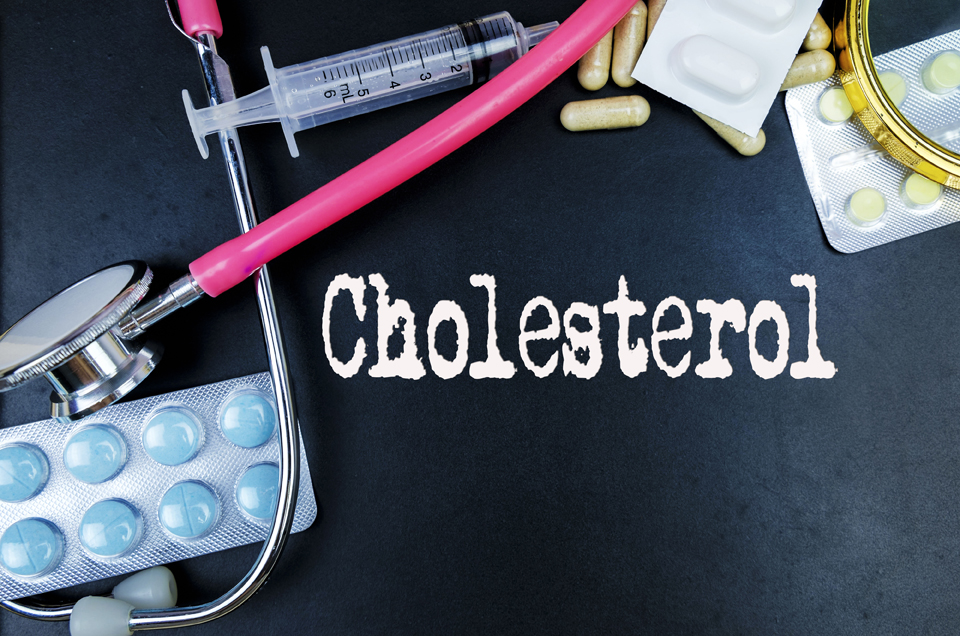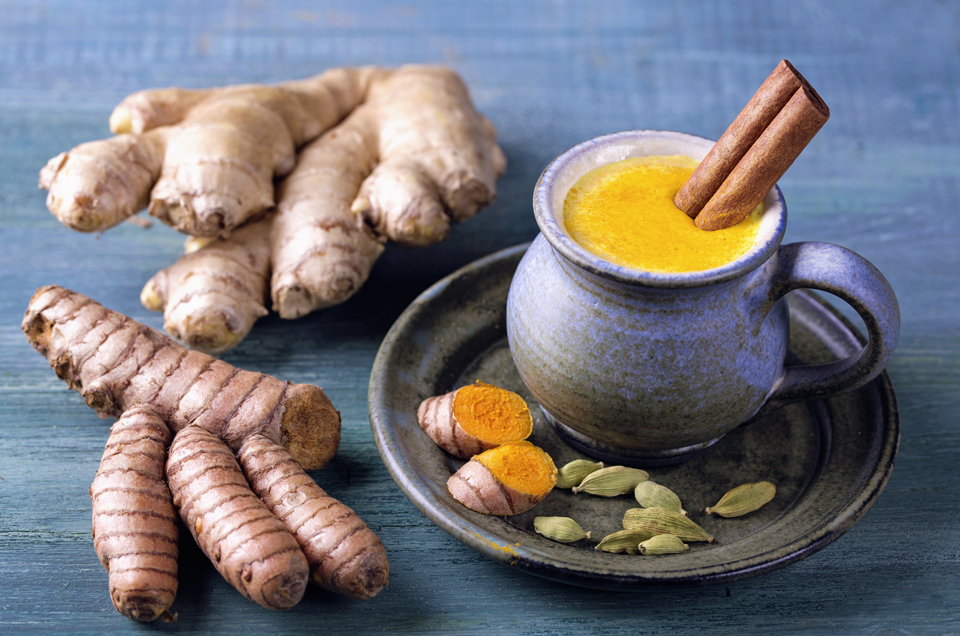It is like buying a brand new car and jumping behind the steering wheel to take a ride before actually reading the manual or understanding the instructions. Without knowledge of the car's functioning, you will not be able to sustain its performance for long. Sooner or later, it will begin to show signs of wear and tear, externally or internally. The car's benefits can no longer be enjoyed unless you spend a lot of money on its repair. It eventually becomes like a sick body that cannot enjoy the advantages offered by life. The human body is a far more complex and valuable vehicle than a car. You can choose to just dump a car when it becomes a liability and buy a new one, but a body is irreplaceable. Unfortunately, many of us are more bothered about the cleaning and maintenance of our cars, instead of looking after our own health.
Hypertension Worldwide - Alarming Numbers Everywhere
- The WHO estimates that 600 million people with high blood pressure (HBP) are at risk of heart attack, stroke and cardiac failure.
- Worldwide, HBP is estimated to cause 7.1 million deaths, about 13 percent of the global fatality total.
- Across WHO regions, research indicates that about 62 percent of strokes and 49 percent of heart attacks are caused by HBP.
- Hypertension causes 5 million premature deaths a year worldwide.
- A study stated that the prevalence of HBP will soar to 1.56 billion by the year 2025.
- During the last decade, the number of Americans with high blood pressure has increased by 30%. More than 73 million Americans age 20 years and older (1 in 3 adults) now have high blood pressure.
- In Asia, a steep increase in stroke mortality has accompanied a rapid rise in the prevalence of hypertension. Projections suggest that in China, hypertension will increase from 18.6 percent to 25 percent between 1995 and 2025. In India, the equivalent figures are 16.3 percent to 19.4 percent.
gnorance, therefore, is not always bliss. By comfortably ignoring our bodies, we are doing nothing more than inviting problems at all levels - physical, mental, emotional and spiritual. The World Health Organization has recently warned that more than 270 million people are susceptible of falling victim to diseases linked to unhealthy lifestyles. This is because we are leading lives that are far removed from the nature. Instead of being in harmony with Earth, we have adopted artificial practices that disturb the equilibrium of the mind and body. We don't have time to prepare breakfast, eat a fast food lunch at our desk and a pre-prepared dinner in front of the television. We cannot do without air-conditioning (artificial, unhealthy air) in our homes, cars, offices, and even on public transport! Gadgets are ruling our lives - so much so that we prefer interacting with our dear ones through emails or SMSes, instead of spending time with them in person.
This over-dependence on technology, coupled with deteriorating relationships, has left our lives dry and depressed. As a result, despite all the luxuries of modern times, most people today are stressed and unhappy. This imbalance in our lives has manifested in addiction, disease and death much sooner than our anticipated lifespan.
It is not surprising then to find problems of diabetes, obesity, hypertension, heart disorders, cancer, liver cirrhosis, stroke and stress, etc. ruling over our generation. Even though modern medicine has made huge strides in controlling these diseases, it is only able to suppress their symptoms, not cure them. Moreover, the continued use of strong medicines has left most patients dependent on chemicals, thereby weakening their immunity even further. This has compelled people to seek alternative treatments that can provide long-term relief from their problems. The solution to these problems lies in Ayurveda, the ancient science of healing that has addressed itself to the fundamental principles of good health, happiness and longevity.
Through this article, we wish to turn your focus to Hypertension - the 'Silent Killer Disease' that affects about 15-37 percent of the global adult population. The problem of Hypertension or High Blood Pressure is extremely alarming because, if not diagnosed and treated in time, it can 'silently' lead to graver complications in the form of hypertensive heart disease, stroke, kidney failure and obesity.
What is Hypertension?
Hypertension (known as Rakta Gata Vata in Ayurveda) is elevated pressure of the blood in the arteries. The increase in blood pressure depends upon a person's age, sex, physical and mental activities, family history, and diet. Normal blood pressure of a healthy adult individual is 120 mmHg systolic and 80 mmHg diastolic. This condition results from two major factors that can either exist independently or together:
- Narrowing of the body's smaller blood vessels (arterioles), which results in the blood exerting more pressure against the vessels' walls
- The heart pumping blood with excessive force
Hypertension rarely shows any symptoms; BP levels should be checked at regular intervals to ensure that the problem is diagnosed in time. Some of the symptoms that might be present are pain at the back of the neck (occipital headache), fatigue, palpitations and dizziness.
Causes of Hypertension
Unhealthy diet and sedentary lifestyles are the chief causes of hypertension today. Most of the food items that we consume today - fast foods or items packed with preservatives and chemicals - create digestive problems in the body. Impaired digestion leads to accumulation of ama (toxins), which further lead to the high blood pressure. The food we eat is digested by our digestive fire (jatharagni) to produce nutrient plasma. This plasma nourishes all other dhatus (body tissues) and aids in the production of healthy blood, which circulates all over the body through various channels (srotas).
However, if digestion is impaired, the nutrient plasma ends up producing digestive impurities or ama. This ama mixes with plasma and makes it sama (combined with ama) or heavy. As a result, the blood thus produced also becomes heavy or sticky. This heavy blood (laden with impurities) circulates through various channels and toxins start accumulating in weaker channels of the body. When accumulated in the heart's channels, these toxins cause narrowing of the channels. The blood has to therefore end up exerting more pressure to circulate through these channels, leading to the condition of high blood pressure.
Additionally, stress, anxiety and negative mental feelings also cause increase in blood pressure. Other causes could be history of BP in the family, obesity, lack of exercise, consumption of high-fat and low-fiber diet, excessive intake of tea, coffee, and refined foods, etc.




 Jan 21, 2020
Jan 21, 2020
 Prev
Prev
